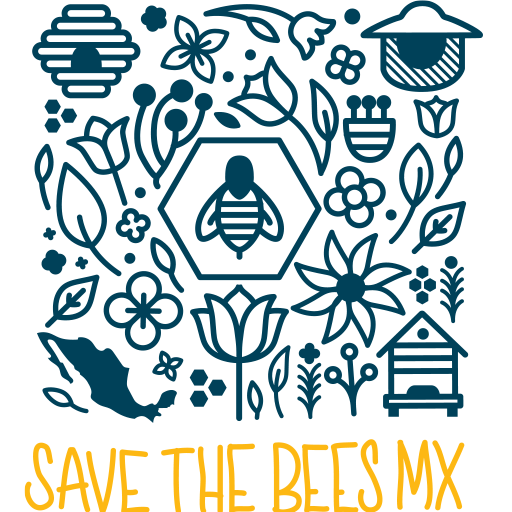About Hivelings.
We are fighting for change of perscpective. To achieve this goal we bring mexican beekeepers and german consumers closer together to revolutionize the way we look at honey.
Learn more about our initiatives
Nature based beekeeping
What do we do?
- Training and education of Mexican beekeepers on the topics beekeeping honey extraction and manufacturing of bee products.
- Raising awareness about responsibility of consumers in Germany.
- Enable knowledge creation and exchange through networks of beekeepers.
Sustainable livelyhood for families in structurally disadvantaged regions of Mexico.
What do we do?
- Supporting beekeepers with keeping up sustainable operations and acces to capital.
- Kick-starting local honey consumption in Mexico.
- Self-empowerement of beekeepers to gain independence from intermediaries.

Who we are.
Us - Anna and Theresa - are the team behind »Hivelings« and met in college.
We lived in Mexico for two years to study there. The breathtaking Mexican landscape, the Mexican culture and the warmth of the people, had us standing in awe from the first day on. However, over time the disparities between the rural and urban population became increasingly clear to us.
The first time we came in to contact with Mexican honey production was in 2019. Working in a consultancy allowed us to gain an in-depth understanding of the global honey market. The drastic implications of honey massproduction through industrial beekeeping in Mexico came to the surface.


Hi, I'm Theresa! I am a digital nomad but no matter where I am in the middle of the week I always eat my opbligatory »Wednesday-Waffle«.
Outside of my work in the tech industry I am passionate about lighting the fire in others for honey and the outstanding work that the Mexican beekeepers are doing.

Hi, I'm Anna. I recently moved to frankfurt and the perfect day for me starts on the yoga-mat in the Ashtanga studio.
Besides my work in a consulting firm, as a Hiveling I would like to inspire change in thinking towards global responsibility for the preservation of bees.

Who we are.

Us - Anna and Theresa - are the team behind »Hivelings« and met in college.
We lived in Mexico for two years to study there. The breathtaking Mexican landscape, the Mexican culture and the warmth of the people, had us standing in awe from the first day on. However, over time the disparities between the rural and urban population became increasingly clear to us.
The first time we came in to contact with Mexican honey production was in 2019. Working in a consultancy allowed us to gain an in-depth understanding of the global honey market. The drastic implications of honey massproduction through industrial beekeeping in Mexico came to the surface.

Ich bin Theresa, lebe mal hier und mal dort und mittwochs ist bei mir grundsätzlich »Waffle-Wednesday«.
Outside of my work in the tech industry I am passionate about lighting the fire in others for honey and the outstanding work that the Mexican beekeepers are doing.

Ich bin Anna, lebe neuerdings in Frankfurt und ein guter Tag startet für mich auf der Yogamatte im
Ashtanga Studio.
Neben meiner Arbeit in einer Beratung wünsche ich mir als Hiveling ein Umdenken hin zu globaler Verantwortung für den Erhalt
der Bienen zu bewirken.
Why do we do all this?
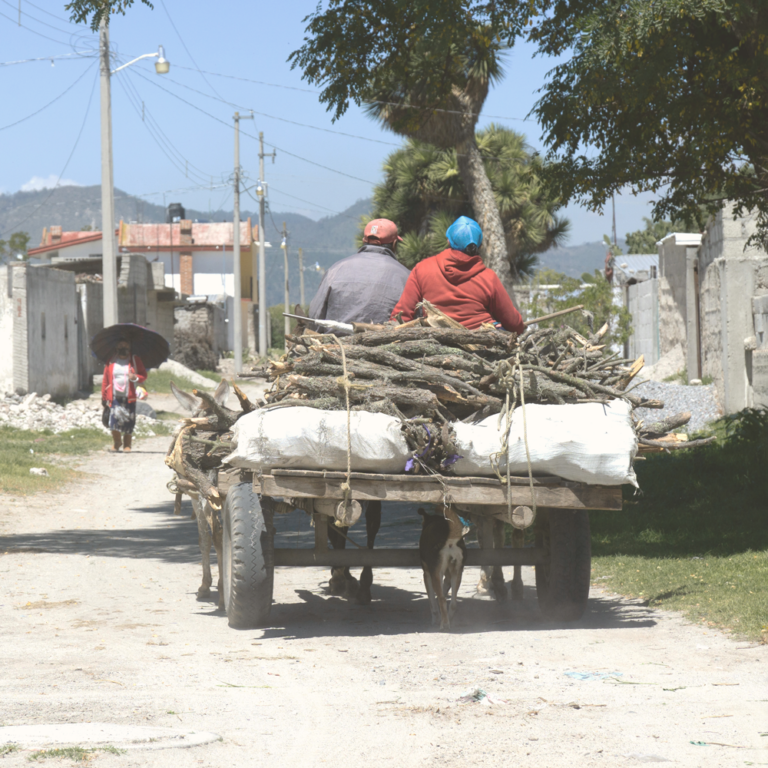
Why Mexico?
In Mexico, a large part of the population lives below the poverty line and is directly or indirectly dependent on agriculture. In recent years, it has become increasingly challenging for small farmers to compete against larger industrial farms since they can sell goods in huge quantities at home and abroad through the use of monocultures and pesticides.Why now of all times?
In order to be able to continue earning a living, the small farmers would have to set themselves apart from the industrial farms through innovations and other quality features. However, they lack access to education and capital in particular.
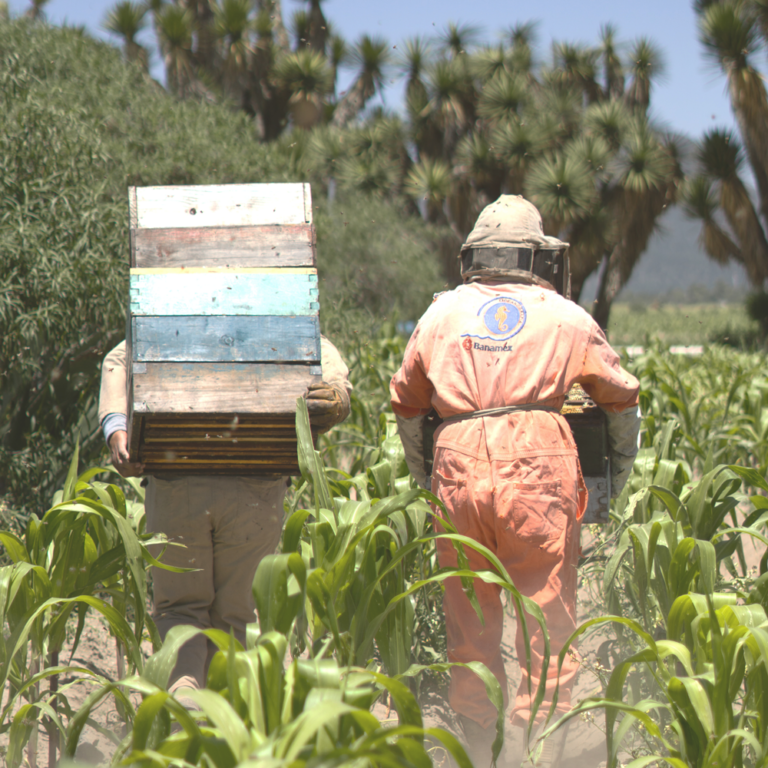
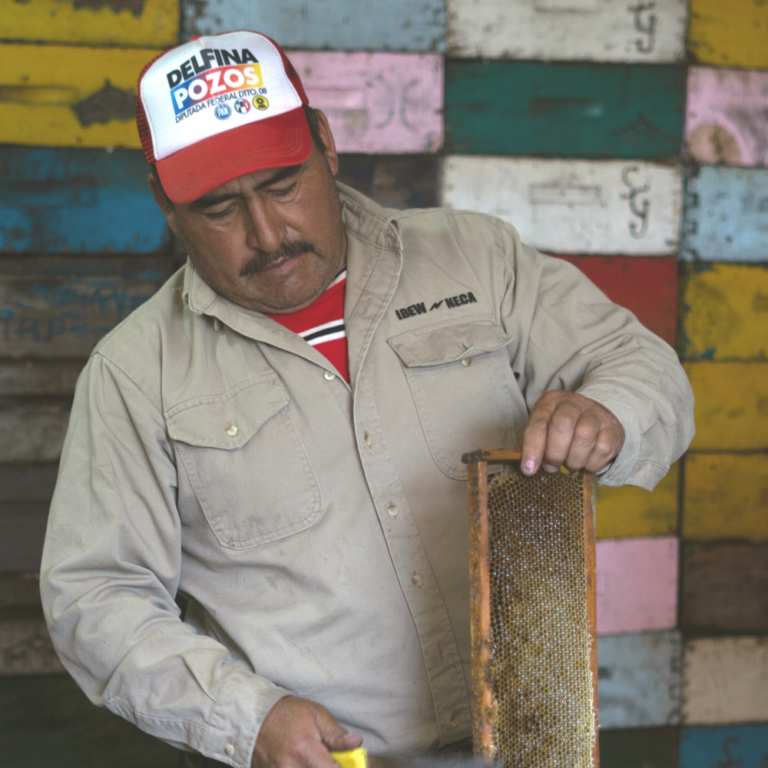
Why do we care about beekeeping?
A particularly affected branch of agriculture is beekeeping, which has a long-lasting tradition in Mexico since the advanced civilizations of the Aztecs and the Maya. To this day Mexico is one of the largest honey exporters in the world. However, the small beekeeping businesses do not have access to this export market. Therefore, this independent, rural way of life is less and less profitable and much knowledge and traditions are being lost.
Why is this a
global issue?
The preservation of proper beekeeping is of global importance, as the number of bees is drastically declining worldwide. Predominant reasons for this are the use of pesticides, agricultural monocultures and the resulting loss of nesting opportunities. Globally, however, 75 percent of our crops and nearly 90 percent of wild flowering plants depend on animal pollination, with the honeybee (Apis mellifera) being the world's most common flower visitor to crops.
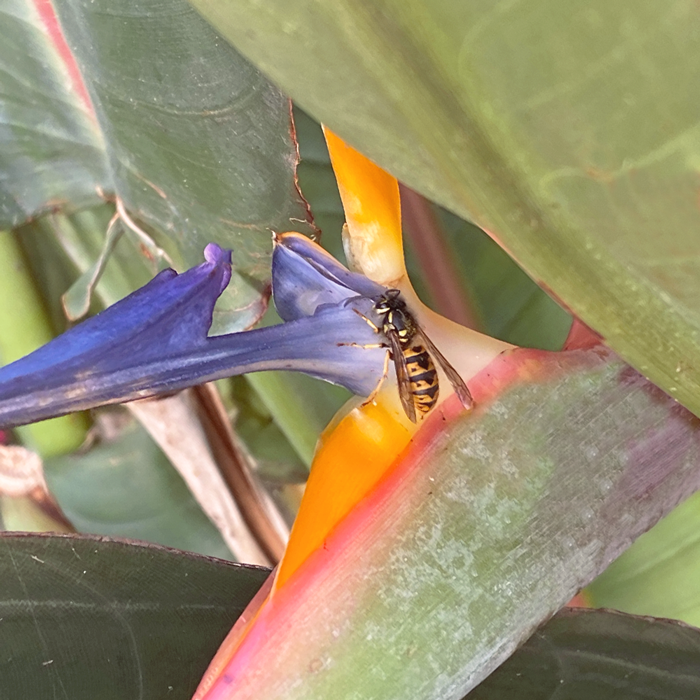
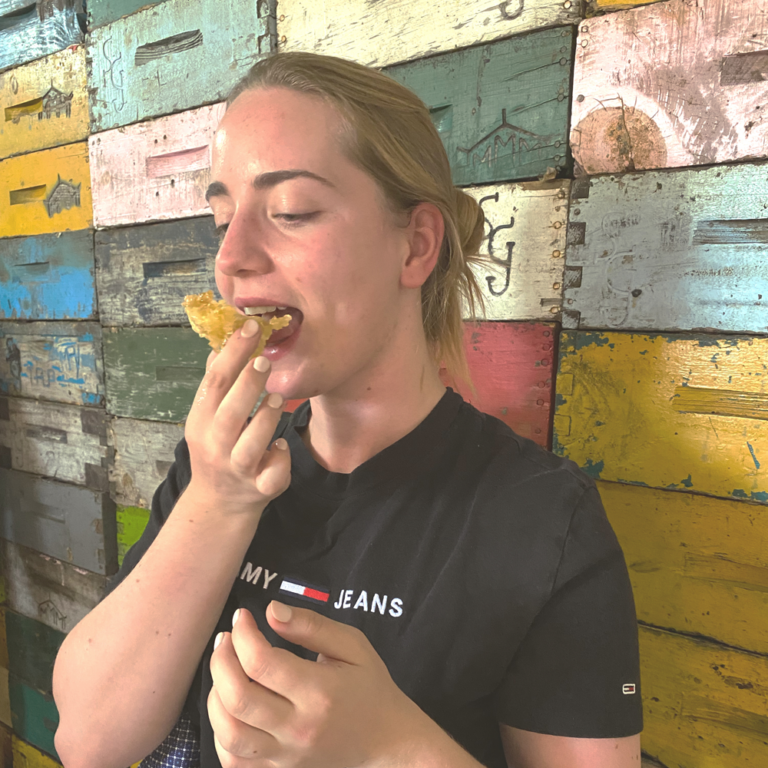
Why should this concern us
in Germany?
As a nation with an annual honey consumption of 88,000 tons but a self-sufficiency rate of only 33%, Germany imports thousands of tons of honey every year. Mexico is one of the most important countries of origin of honey consumed in Germany. Through our consumption of Mexican honey, we in Germany also bear responsibility towards the bees and beekeepers there.
Why do we do all this?

Why Mexico?
In Mexikos lebt ein Großteil der Bevölkerung unterhalb der Armutsgrenze und ist direkt oder indirekt von der Landwirtschaft abhängig. In den letzten Jahren wurde es besonders für Kleinbauern immer herausfordernder gegen größere industrielle Farmen zu bestehen, die durch Monokulturen und den Einsatz von Pestiziden Waren in riesigen Mengen im
In-und Ausland verkaufen können.
Why now of all times?
In order to be able to continue earning a living, the small farmers would have to set themselves apart from the industrial farms through innovations and other quality features. However, they lack access to education and capital in particular.


Why do we care about beekeeping?
A particularly affected branch of agriculture is beekeeping, which has a long-lasting tradition in Mexico since the advanced civilizations of the Aztecs and the Maya. To this day Mexico is one of the largest honey exporters in the world. However, the small beekeeping businesses do not have access to this export market. Therefore, this independent, rural way of life is less and less profitable and much knowledge and traditions are being lost.
Why is this a
global issue?
The preservation of proper beekeeping is of global importance, as the number of bees is drastically declining worldwide. Predominant reasons for this are the use of pesticides, agricultural monocultures and the resulting loss of nesting opportunities. Globally, however, 75 percent of our crops and nearly 90 percent of wild flowering plants depend on animal pollination, with the honeybee (Apis mellifera) being the world's most common flower visitor to crops.


Why should this concern us
in Germany?
As a nation with an annual honey consumption of 88,000 tons but a self-sufficiency rate of only 33%, Germany imports thousands of tons of honey every year. Mexico is one of the most important countries of origin of honey consumed in Germany. Through our consumption of Mexican honey, we in Germany also bear responsibility towards the bees and beekeepers there.
You can find out more about the association in our bylaws.
You can find out more about the association in our bylaws.

